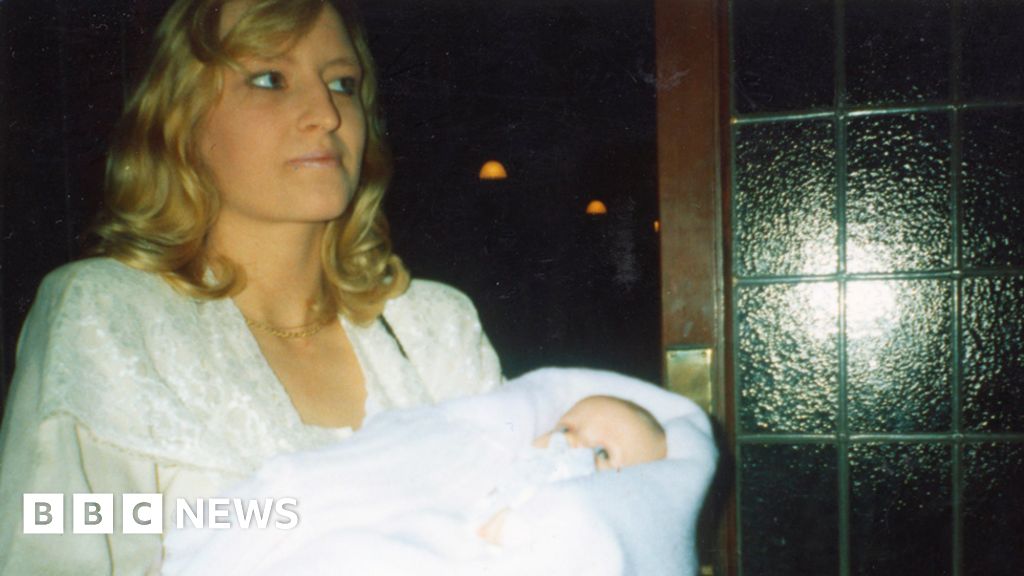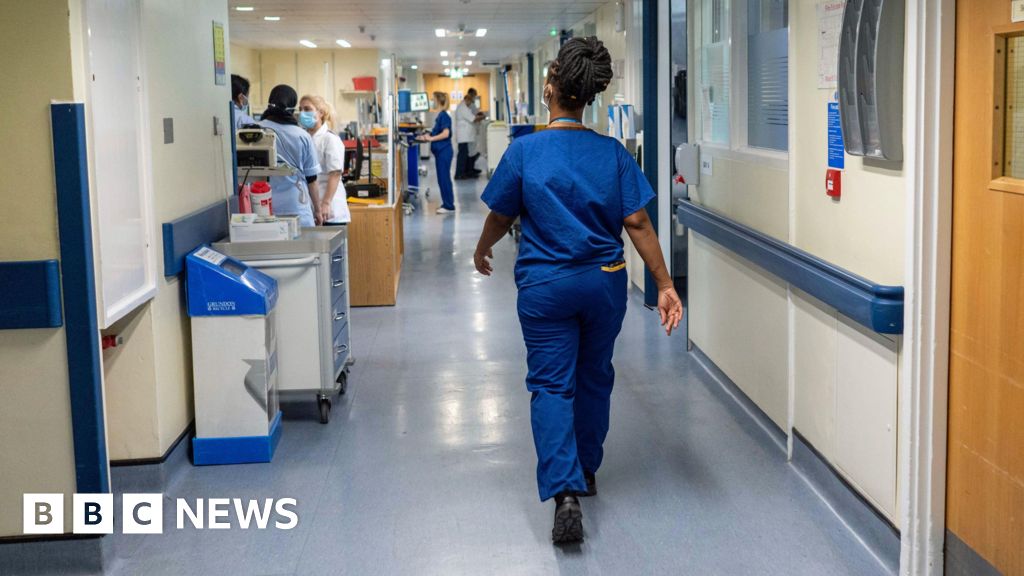Montana lawmakers are looking to fast-track Medicaid coverage for older adults who need help with daily life. LISTEN here:
Montana is looking to fast-track Medicaid access for older adults who need help to stay in their homes or towns.
Medicaid, the joint federal-state health care program for low-income Americans, opens the door to services such as paying for help to prepare meals or shower safely. But applying for and obtaining that coverage can take weeks or months, leaving aging people in a dangerous limbo: too vulnerable to live at home without assistance, but too healthy to merit a hospital or nursing home bed.
Montana lawmakers drafted a bill for the legislative session that begins in January that would create a shortcut to that care. The Children, Families, Health, and Human Services Interim Committee’s proposal would allow older people and those with a physical disability who are likely eligible for Medicaid to start receiving in-home and community-based care while awaiting final approval.
The goal of presumptive eligibility is to avoid delays in providing stabilizing care outside of medical facilities. Supporters of the plan say local care is also a lot less expensive than hospital or nursing home care.
Montana would join at least 11 states that have presumptive eligibility for seniors and people with disabilities to access in-home care, according to AARP. Washington state began expediting Medicaid coverage in 2023 for people recently discharged from a hospital and plans to expand coverage further. Rhode Island authorizes such benefits to new long-term care applicants. And a law signed last winter in New Jersey means seniors there will have similar access.
People who are hospitalized or checked into a nursing home can struggle to find the middle-ground option for care they need.
Katy Mack, a spokesperson for the Montana Hospital Association, said bottlenecks in the process are difficult for patients, long-term care providers, and hospitals.
“Many elderly patients do ‘get stuck’ in hospitals waiting for transfer to a more appropriate level of care,” Mack said in an email. “This is due to a variety of issues, including staffing, bed availability, and appropriate payments from the patient’s source of health coverage.”
Tyler Amundson, executive director of Big Sky Senior Services, a nonprofit that helps seniors stay in their home, said in one case, a couple without the support they needed ended up in the hospital dozens of times over two months.
“There are a lot of seniors in our community struggling,” Amundson said. “They’ll go home from a hospital with just enough care to get by for a little while.”
The nation’s pool of older Americans is getting bigger. With age comes more medical complications. People 65 or older have the highest rate of preventable hospitalizations, and medical emergencies risk worse health outcomes.
Rising health care costs are fueling anxiety among tens of millions of seniors, with 1 in 10 living below the federal poverty level. Older adults are struggling to pay the combined cost of housing and medical care, and some become homeless.
For years, states have had the option through the Affordable Care Act to allow qualified hospitals to extend presumptive eligibility to some adults based on their income, on top of the opportunity that most states give pregnant women and children. But in states such as Montana, people 65 and older haven’t been included. States need a federal waiver to expand who qualifies for that early access.
Alice Burns, who researches Medicaid issues at KFF, a health information nonprofit that includes KFF Health News, said widening presumptive eligibility for in-home and community-based care gained momentum during the covid-19 pandemic.
“It’s easy to understand why,” Burns said. “When we had the fatality rates in nursing facilities that we did, it was like, OK, we cannot send these people to the nursing facilities unnecessarily.”
The Montana proposal would, after state training, allow tribal entities, area agencies on aging, and hospitals, among others, to screen patients for presumptive eligibility. Approved patients would begin receiving services while state health officials review their applications.
The draft bill spells out some covered services, such as meal delivery and in-home medical equipment. Lawmakers noted it’s not clear if the proposal would help people move into long-term care, such as assisted living facilities, which offer daily support rather than medical treatment.
Montana officials don’t have an estimate for how much the temporary coverage would cost. Jon Ebelt, a spokesperson for the Montana Department of Public Health and Human Services, declined to comment on the proposal.
Mike White is a co-owner of Caslen Living Centers, which has six small assisted living facilities across central and southwestern Montana. His company no longer accepts Medicaid applicants until their coverage is final, and White said it’s not alone. He said that process can take anywhere from three to six months due to cumbersome paperwork, which he said is too long for small businesses to go without pay.
State officials have said delays in Medicaid approval often stem from ongoing communication with applicants.
The state’s Medicaid program has gone through major upheaval in the past year as states nationwide reviewed eligibility for everyone on the program. Montana officials dropped more than 115,300 people from coverage in that process, according to the state’s final report. Those disenrollments continued as nonprofits and patients alike cited problems in the state’s process, including delays in application processing and access to help for other safety net services.
Now, state lawmakers predict a major political fight during the legislative session over whether to continue to allow expanded Medicaid access to people who earn up to 138% of the federal poverty level, or about $43,000 a year for a family of four.
State Rep. Mike Yakawich, the Billings Republican behind the presumptive eligibility proposal, said he wants to keep some of its language vague. He’s leaving room for negotiations and potential amendments during the legislative session and beyond.
“The focus is to keep people at home, and it’s still going to be a hard lift to get it past the session,” Yakawich said. “We can add more to it two years from now.”
Not everyone on the interim committee was on board.
Sen. Daniel Emrich, a Republican from Great Falls, voted against the policy, saying it sounded too much like a gamble for families.
“We run the risk of taking and providing a service that’s then going to be pulled out from under them,” Emrich said.
The counterargument is that such cases would be rare. Burns, with KFF, said there is no reliable data nationally to show how often people are denied Medicaid after being presumed eligible. Presumptive access to Medicaid in-home programs is relatively new. And, from hospital data for other patients, it’s difficult to know whether a person was denied Medicaid because they didn’t qualify or because they didn’t complete the paperwork after leaving the hospital.
“There’s all these places where the ball could get dropped,” Burns said.
She said the difference with measures like Montana’s is that support services follow patients in their daily life, making it less likely patients would fall off the radar.



